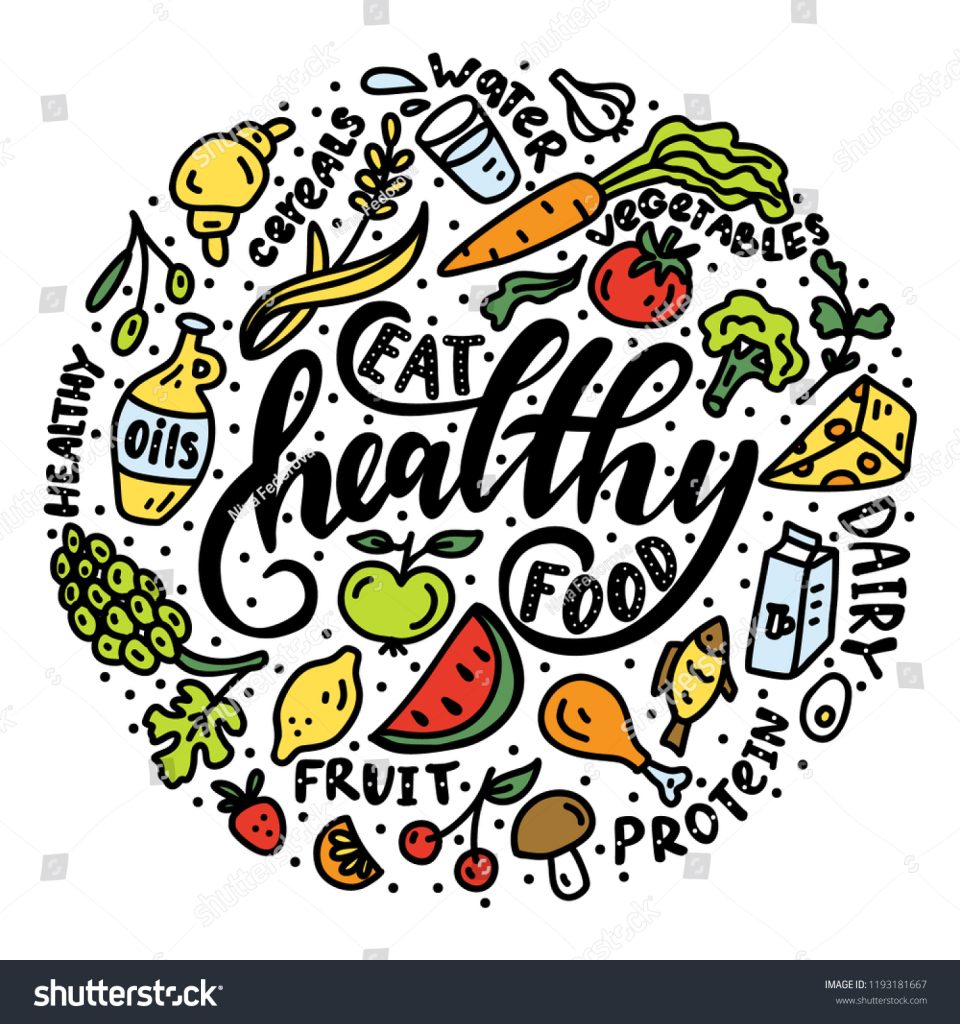Adopting a plant-based diet can be a great way to improve your health, reduce your environmental impact, and even save money. However, for many people, making the switch to a plant-based diet can feel overwhelming. With so many new foods to try and old habits to break, it can be easy to feel lost and unsure of where to start. If you’re considering transitioning to a plant-based diet but don’t know where to begin, don’t worry – we’ve got you covered. In this article, we’ll provide you with some tips on how to start a plant-based diet without feeling overwhelmed.
1. Start by incorporating more plant-based foods into your diet gradually
One of the biggest mistakes people make when transitioning to a plant-based diet is trying to go cold turkey. While some people may be able to make such a drastic change overnight, most people find it more sustainable to make the switch gradually. Instead of eliminating all animal products from your diet at once, start by incorporating more plant-based foods into your meals. Try adding a serving of vegetables or beans to your dinner, swapping out meat for tofu in your stir-fry, or enjoying a meatless meal once a week. This gradual approach can help you ease into a plant-based diet without feeling overwhelmed.
2. Educate yourself about plant-based nutrition
One of the biggest concerns many people have when considering a plant-based diet is whether they will be able to get all the nutrients they need from plant-based foods alone. It’s important to educate yourself about plant-based nutrition so you can make informed food choices and ensure you’re getting all the nutrients your body needs. Research plant-based sources of protein, iron, calcium, and other essential nutrients, and make sure you’re including a variety of plant-based foods in your diet to ensure you’re meeting your nutritional needs.
3. Experiment with new plant-based recipes
One of the best things about a plant-based diet is the opportunity to try new and exciting foods. Take advantage of this by experimenting with new plant-based recipes. Look for plant-based cookbooks, blogs, and websites for inspiration, and don’t be afraid to get creative in the kitchen. Try making your own plant-based versions of your favorite dishes, or explore cuisines that are naturally plant-based, such as Mediterranean or Asian cuisine. By trying new plant-based recipes, you can expand your palate and discover new favorite foods that make transitioning to a plant-based diet fun and exciting.
4. Stock up on plant-based pantry staples
Having a well-stocked pantry can make transitioning to a plant-based diet much easier. Make sure you have a variety of plant-based pantry staples on hand, such as grains, legumes, nuts, seeds, and plant-based protein sources like tofu and tempeh. Having these ingredients readily available will make it easier for you to whip up plant-based meals on the fly and ensure you always have something nutritious to eat. Consider stocking up on frozen fruits and vegetables as well, so you always have some plant-based options available even when fresh produce is scarce.
5. Find plant-based alternatives to your favorite animal products
One of the biggest challenges many people face when transitioning to a plant-based diet is giving up their favorite animal products. Luckily, there are many plant-based alternatives available that can help you satisfy your cravings for meat, dairy, and other animal products. Look for plant-based meat substitutes like tofu, tempeh, seitan, and plant-based burgers and sausages. Try plant-based dairy alternatives like almond milk, coconut milk, and oat milk, as well as plant-based cheeses and yogurts. By finding plant-based alternatives to your favorite animal products, you can enjoy familiar flavors and textures while still following a plant-based diet.
6. Don’t be too hard on yourself
Transitioning to a plant-based diet can be a big change, and it’s normal to have slip-ups along the way. Don’t be too hard on yourself if you find yourself reaching for a non-plant-based food occasionally or if you struggle to stick to your plant-based diet 100% of the time. Remember that every plant-based meal you eat is a step in the right direction, and that it’s okay to go at your own pace. Be kind to yourself and give yourself permission to make mistakes, knowing that every little bit helps you move closer to your plant-based goals.
In conclusion, transitioning to a plant-based diet doesn’t have to be overwhelming. By starting gradually, educating yourself about plant-based nutrition, experimenting with new recipes, stocking up on pantry staples, finding plant-based alternatives to your favorite animal products, and being kind to yourself, you can make the switch to a plant-based diet in a way that feels manageable and sustainable. Remember that every small step you take towards a plant-based diet is a step in the right direction, and that making the switch doesn’t have to be all or nothing. By following these tips, you can start a plant-based diet without feeling overwhelmed and enjoy the many benefits that come with eating more plant-based foods.

